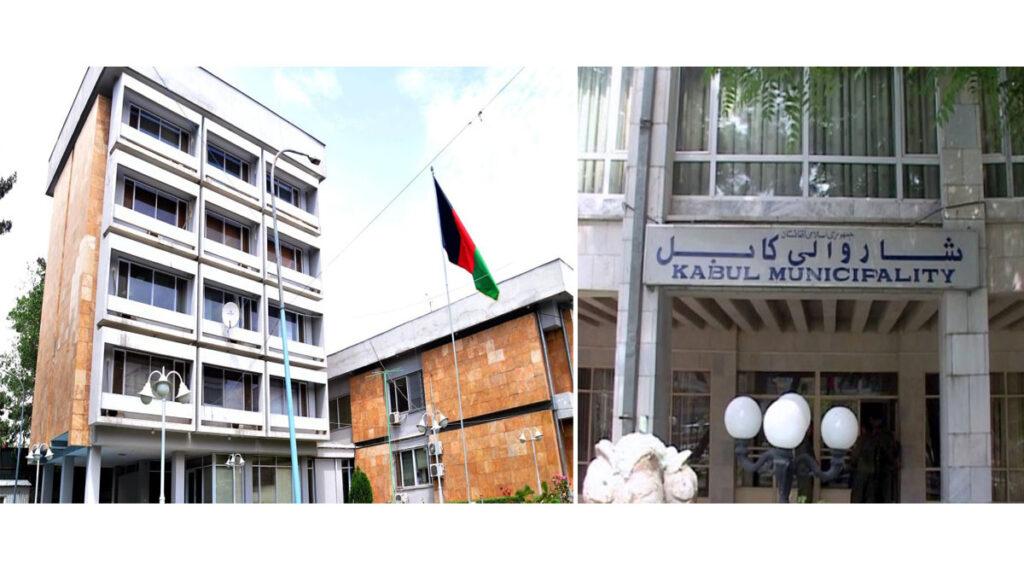KABUL (Pajhwok): The law governing Independent Directorate of Local Governance (IDLG) and four regulations of the Kabul municipality are inherited from Taliban regime and a new municipality law has been rejected by the Parliament.
Kabul municipality’s website has uploaded its law that inherits four regulations, including cleanness, urban master plan, cleanness tax and regulation of rural vehicles, from the Taliban regime.
The Taliban regime was ousted in 2001 and in the last 19 years Kabul city has massively changed in terms of population and development.
Some sources estimate Kabul’s population above 2.5 million in 2000 compared to the current 4.4 million according to National Statistics and Information Authority (NSIA).
Samira Rasa, spokesperson of Kabul municipality, also said some of the municipality regulations were from the Taliban era but added that the mentioned rules had been included in the newly-developed urban revenue law which was currently being reviewed by the Ministry of Justice.
In response to a question about the lack of new municipal rules since last 19 years, she said that new regulations should be created based on the municipality law.
The new municipality law was created in 2019 and was also enforced based on a legislative decree, but it was rejected by the parliament, she said.
Rasa said 40 new regulations had been created in the new law which was currently under the review of the Ministry of Justice.
According to Article 79 of the Constitution, the government can issue legislative decrees in case of parliament recess or emergency cases, but they can be discredited by the parliament.
The Article 94 of the Constitution says a law should be approved by both houses of the parliament and endorsed by the president.
The IDLG law is also inherited from the Taliban era. A new draft law has been created for the organization and published on its website, but it is yet to be approved by the parliament.
The Presidential Palace’s audit and policy department in a report, a copy of which is obtained by Pajhwok Afghan News, says that the local administration’s law belonged to the Taliban regime, which could not respond to current administration.
Lack of a clear definition for the authorities of central and local governance and incompatibility of the old law with current needs have delayed development projects and led to non-accountability of local government officers, according to the report.
Nargis Momand, IDLG spokesperson, confirmed the old law was still in place but said that a new version of the law was created in 2020 and shared with relevant organs for a review.
Experts say old laws of the Taliban regime were inherited due to poor governance.
Qais Mohammadi, an economics lecturer in a private university, said that regulations should be changed at least in every five years and laws in every two decades to make them according to needs of the time.
However, he said the mentioned time was not definite and changes should be made based on the needs and situations any time.
If a government failed to change laws in 20 years, it proved the government’s weakness and negligence, he added.
“If laws and regulations are not changed based on time and conditions, it may lead to the flight of revenue sources if not regulated,” Mohammadi said.
He said the laws developed in Taliban regime were based on limited financial resources and that was the reason many important developments were ignored but currently revenue sources had increased and population changed, which also required changes in the laws.
Saifuddin Saihoon, a lecturer of economics in Kabul University, also said that laws that could not respond to the needs of a society should be changed and negligence in this regard would lead to illegal activities.
Mds/ma







GET IN TOUCH
NEWSLETTER
SUGGEST A STORY
PAJHWOK MOBILE APP